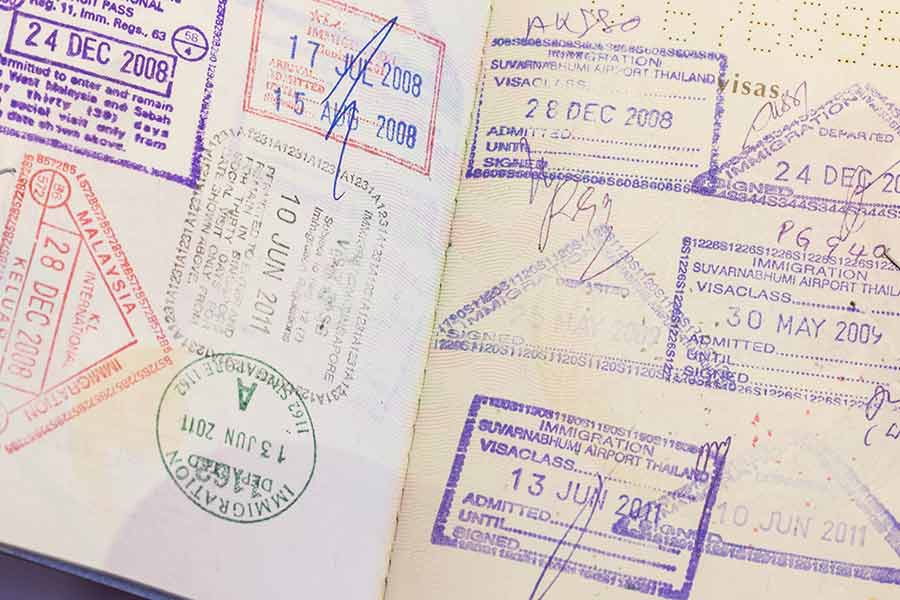Summer is now in the rearview mirror, which means the summer travel season is also over. However, for many people it doesn’t really matter what time of year it is, the traveling never really stops. Whether it’s for vacation or for pleasure traveling is an ongoing endeavor for many and that often includes traveling abroad. Of course, if you’re headed to another country you will need to have all your verification papers in order, not the least of which includes your passport. Without a passport you won’t be going anywhere outside of the U.S. So, you might be asking by now what do traveling abroad and your passport have to do with taxes? Before a few months ago, there wasn’t much of a correlation.
Pay Up or Stay Put
However, that all changed late last year when Congress enacted H.R. 22, which added a new section to the tax code. It’s known as 7345 and although you may’ve never heard of it, it gave the IRS some additional power that could play a significant role in foreign travel; that is if you’re not current with the IRS. According to section 7345, which is entitled “Revocation or Denial of Passport in Case of Certain Tax Delinquencies,” the new law is not intended to fight offshore accounts where certain taxpayers might be trying to hide their money from the IRS. Likewise, while the new section can be used for domestic criminal tax cases, or in cases where the IRS thinks you might be trying to “get outta Dodge,” so-to-speak, it has another overriding intention; to help encourage incompliant taxpayers to pay up. The idea is if you owe the IRS back taxes and you want to travel out of the country then you had better pay off your taxes owed.
State Department Acts on IRS’s Recommendation
This is not the first time that this idea has been discussed. It first surfaced back in 2012 but it wasn’t until late last year that both Congress and the president signed it into law. So how does it really work? First off, the IRS does not actually have the power to show up at your door, badge in hand, and demand that you turn over your passport. That would be a scary proposition. What the IRS does have power to do is recommend to the State Department that they revoke, limit or deny your passport. So in essence, if you owe the IRS a significant amount of money, at least $50,000, and the agency thinks revoking your passport will help encourage you to pay it back, then it can, and most likely will, recommend that you lose your passport.
Penalties and Interest Count, Too
There are a few other details you should be aware of. First, because the threshold is $50,000 many people with taxes owed don’t have to worry. However, there is a caveat to that as well. Tax liability does include penalties and interest. So that means even if you’re liability were $35,000 but your penalties and interest totaled more than $15,000, then your liability would qualify for the $50,000 threshold and the IRS could recommend that you lose your passport until you pay up. There is a piece of good news. If you are actively trying to pay off your liability and keeping up with agreed-upon payments then you will still be able to continue traveling. One other thing to keep in mind, your taxes owed is not actually considered liability if you are contesting it. Therefore, you can actually stave off losing your passport if you contest a tax bill from the IRS. You might eventually lose the appeal, but you’ll be able to continue traveling abroad for as long as the process takes.



Leave a Reply
You must be logged in to post a comment.